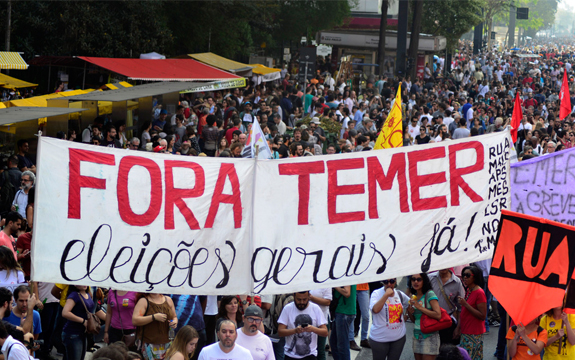Why Brazil is a country to watch in 2017

In Summary
- Analysis for The Conversation by Dr Alexis Exposto, Swinburne University of Technology

Brazil is the ninth largest economy in the world, yet its real potential has never been realised. Having had a strong period of economic growth from 2003 to shortly after the global financial crisis, the quality of life for millions of people was improved. ![]()
Over the last 15 years or so, Brazil has experienced a major transformation. The country of almost 200 million people had high levels of inequality, yet managed to reduce poverty in a way not seen in many other parts of the world. Even the Asian powerhouses of China and India, with their incredible economic growth, had less success in this area.
During the same period, Brazil managed to formalise the jobs of millions of Brazilians. This occurred because of economic expansion, income equalisation policies and a commodities boom. The net effect has been an increase in the middle class by 40 million people, or 20% of the population, in nearly ten years.
But many of these achievements came tumbling down amid corruption scandals within much of Brazil’s political elite. Dilma Rousseff, Brazil’s first female president, was impeached in August last year following accusations she had failed to adhere to budgetary laws.
Numerous other politicians from all sectors were involved in another major corruption scandal involving the state-run oil company Petrobras, which was nearly bankrupted due to a series of embezzlements.
Like most nations, Brazil faces a period of stagnant long-term economic growth. With the economy expected to grow by 1% at most in 2017, Brazil is likely to experience the lowest economic growth of the BRIC (Brazil, Russia, India, China) nations. Such poor economic performance will continue to maintain periods of economic and social unrest in a nation that continually squanders great opportunities.
Written by Alexis Sergio Esposto, Senior Lecturer, Economics, Swinburne University of Technology. This article was originally published on The Conversation. Read the original article.

